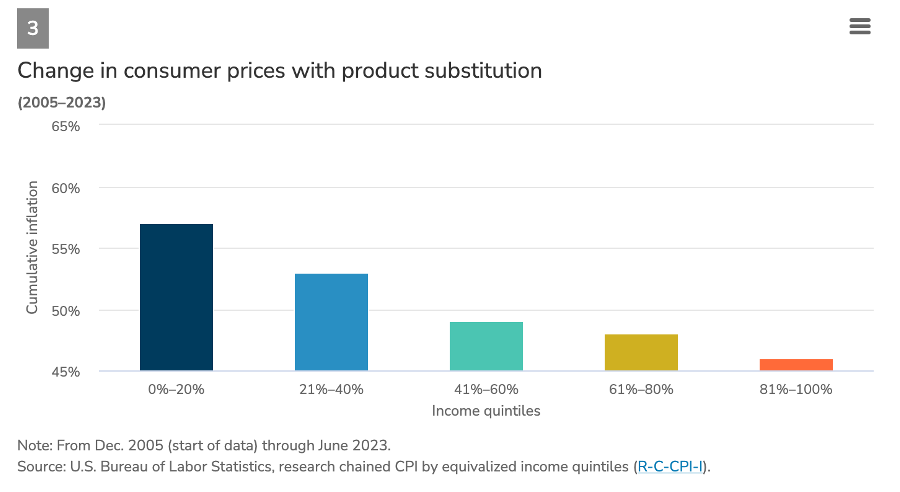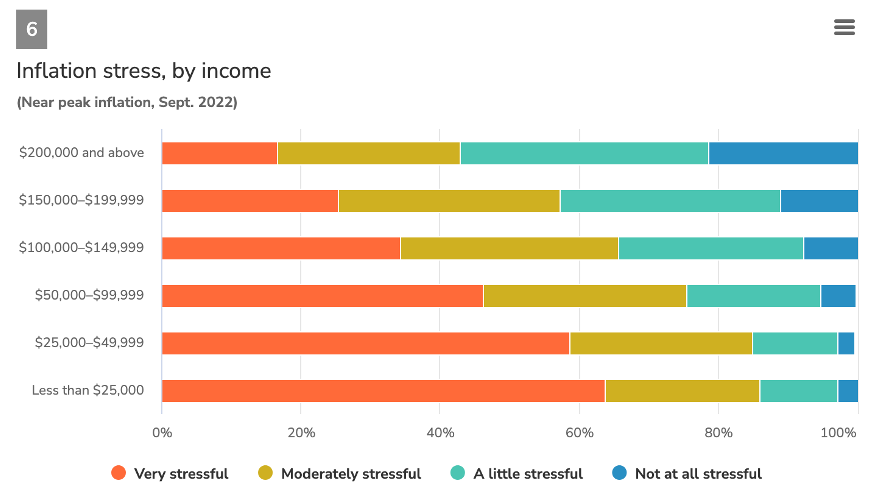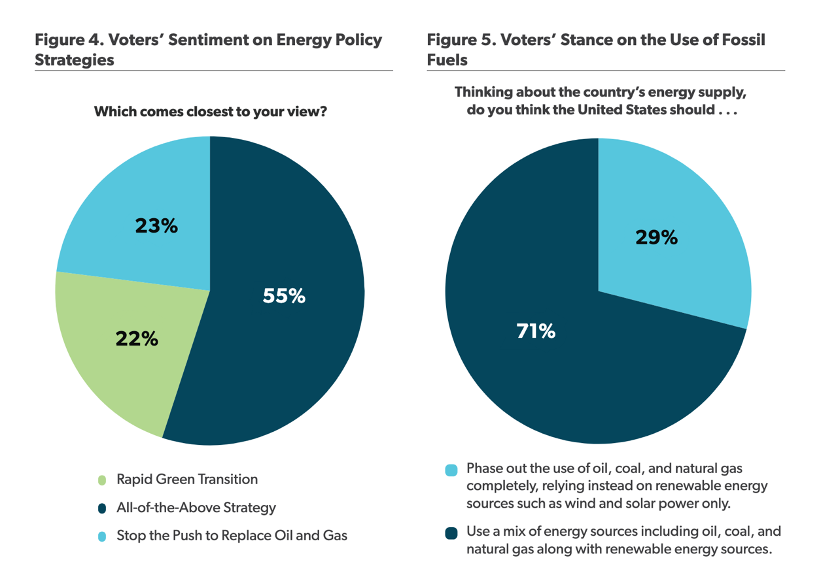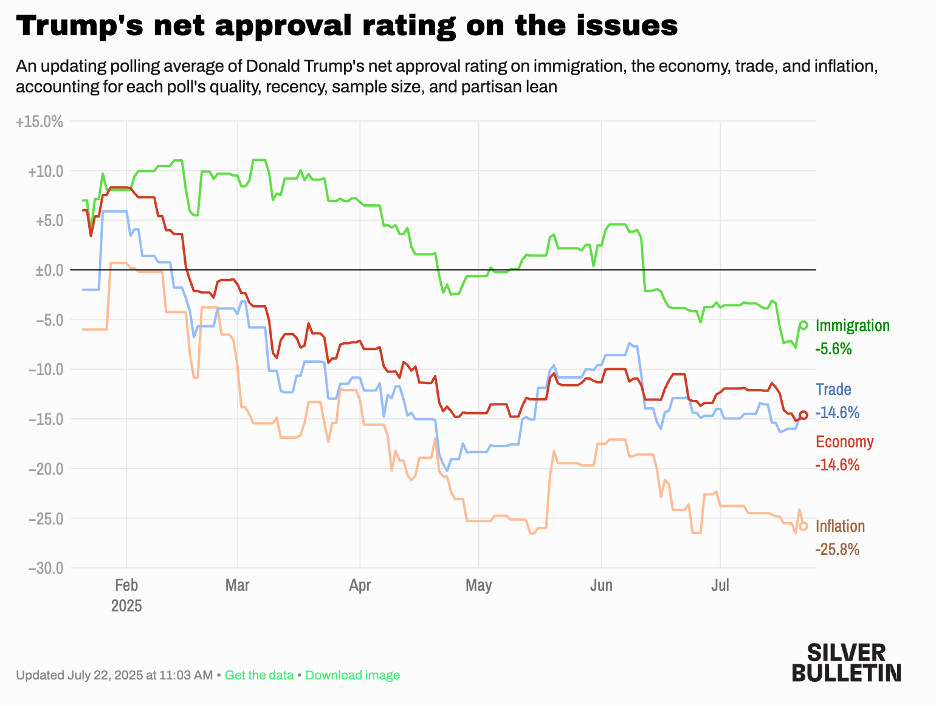How Do We Win Hannah Barron’s Vote?
This is What Building a Big Tent Looks Like
When I’m perusing non-political content, one of my favorite accounts is Hannah Barron (I grew up in Alabama so I have a soft spot for Alabama content). In case you haven’t seen her, Hannah hunts, bowfishes, and most famously, wrestles catfish. It’s very impressive! She’s also extremely nice and comes across like an all-around awesome person.
Hannah’s content isn’t political at all but given who she is, where she lives, and what she does, her content is culturally conservative-coded. It reminds me a little of Duck Dynasty in that way.
I’m not saying we need to turn Crenshaw County, Alabama blue, but reducing the margin we lose by in rural America is just as good as (and in the case of the Senate is better than) increasing our margin in suburban or urban America. And there are a lot of people like Hannah, in the Florida panhandle, Georgia, North Carolina, and across rural parts of the midwest and western states.
It's not just Hannah though. A friend of mine is a cop in northern Michigan. When we were hanging out last Christmas, we talked about sports, our kids, snowmobiling, and the tragedy that being in our late thirties now means we have to have more disciplined diet and exercise habits to stay in shape than we once did. He voted for Trump twice but he’s not particularly political. There are a lot of Barstool Sports guys and Joe Rogan listeners who fit into this vein too.
These are the kinds of people that Democrats must win to build a sufficiently large tent if we’re going to be competitive across the country. This may seem a tall task, but it is an unavoidable one — if Democrats are ever to build a large enough political coalition to have 60 Senators, a durable House majority, and control of most states, we need these people’s votes to get there.
So how do we do that? How do we win the votes of Hannah Barron and people like her?
I would argue that the way to do that is a three-part strategy: 1) focus on cost-of-living, 2) adopt rural and working-class friendly positions on the 3 E’s (energy, extraction, and the environment) and 3) moderate on culture.
Making Sure Everyone Can Afford The Good Life
Democrats have to understand that, even more than the average voter, a lot of these not-super-political but culturally conservative voters are very frustrated with high prices. Because they have more limited ability to substitute down for cheaper products, working-class consumers face higher de facto inflation.

It is thus not surprising that working-class voters get much more stressed out by inflation.

Here at The Rebuild, we’ve talked about rural housing costs, rural healthcare, energy, and tariffs’ impact on the cost of raising children, and getting those costs under control is obviously essential to helping rural and working-class Americans have less financial anxiety, but it’s also key to helping these voters feel like they get to live the good life too. When asked about their financial concerns, Americans’ third biggest worry -behind only retirement and medical expenses- was “not being able to maintain the standard of living you enjoy.”
Democrats are too often not very good at talking about that, but it matters. As a New York Times piece on non-white working-class voters turning against Democrats in last November’s election put it, “These voters were not necessarily poor: Many said they could afford groceries, but that higher prices left them with far less disposable income. Voters earning $20 an hour complained bitterly about being unable to take their families to the movies or on carefree outings at the mall.”
This is one of the few areas where some critiques of the Abundance Agenda are correct: it is too much of an elite project right now. It’s too much about high-speed rail and not enough about big-ass trucks and going to the movies.
People don’t want to just scrape by; they want to have a truck and a boat too. There’s a country song from several years ago that Democrats need to embrace the vibes of. It’s called “Buy Me a Boat” by Chris Janson. It’s worth listening if somehow you haven’t heard it. Some of the key lyrics are:
“I know everybody says money can’t buy happiness
But it could buy me a boat, it could buy me a truck to pull it
It could buy me a Yeti 110 iced down with some silver bullets.”
Is it the government’s job to buy people recreational boats? Of course not. But it wouldn’t hurt to acknowledge the fun and authenticity of that aspiration and to celebrate with people as they get to buy fun toys. It really should not be hard for Democrats to look at these kinds of Americans and say “Hey, we’re thrilled that you were able to buy that nice boat! Hey, we know you’re frustrated that everything feels too expensive and we get that. Here’s what we’re going to do.”
The Three E’s (Energy, Extraction, and the Environment)
There’s this frankly haughty conceit among some on the left that rural voters vote against their own material interests perhaps most famously expressed as “what’s the matter with Kansas?” Energy policy is a good example of that not being true.
People can tell when you’re not especially rooting for them. People who work in the oil and gas industry can tell that an important segment of the Democratic Party sees fossil fuels as the bad guy and would like to see their industries shrink. To put it bluntly, it is awfully hard to win someone’s vote when they are pretty sure that you hope they lose their job.
Democrats need to openly cheer for ALL energy jobs. Obviously, solar, wind, and nuclear, but also geothermal and oil and gas too. Americans are very clear on wanting an all-of-the-above energy strategy (with only about one in five wanting a rapid green energy transition) and disagree with trying to completely phase out fossil fuels.

It is worth noting that a lot of these jobs —in green energy and oil and gas— are going to be filled by Hannah Barron voters. It’s also worth noting that the United States produced more oil under Joe Biden than it ever had before, but almost no one knew that because Democrats refused to brag about it for fear of upsetting activists. Democrats should be proud of that oil production and should promise to outdo that the next time we’re in office. When we don’t do that because we’re afraid of climate protestors we let Republicans drive the narrative. That’s how 60% of swing voters ended up believing that Kamala Harris wanted to ban fracking and 72% believed she wanted to require all cars be electric by 2035.
This problem extends to broader resource extraction industries too. As I argued in one of our first articles:
The people who work in resource extraction deserve our thanks. When they cut down trees, that timber turns into houses. When they pull natural gas from the ground, that turns into heat and electricity for our homes. When they pull fish from the ocean, that turns into dinner on the table. When they raise cattle, that’s steak for the grill. When they descend into mines and come back with precious metals, that’s the guts of our modern economy. These people- the lumberjacks and the drillers, the fishermen and the cattlemen, the farmers and the miners, these Americans- they are awesome!
Cultural Moderation
Democrats also need to moderate on culture. In a poll of working class voters by PPI, 60% of respondents said they think Democrats have gone too far left versus only 28% who disagreed with that.

A good starting point here, as I argued back in May, is family policy. Humans, families, and marriage are all good things. We should be comfortable saying so. Another way to do this is to be smarter about how we talk to and about men. Being sufficiently committed to public order is another one. In one poll of working-class voters, respondents picked “crime and homelessness” as their third biggest concern, ahead of both climate change and economic inequality.
Leaning into embracing and being authentically enthusiastic about Hannah Barron, Duck Dynasty, Barstool Sports, and the general cultural vibe of working-class and rural America would help a lot too. You can’t fake that or outsource it to some focus group. You need to know who these people are and genuinely like them.
A big part of knowing them and genuinely liking them is not canceling them over views that don’t align with progressive orthodoxy. There is a pervasive sense (not entirely undeserved I might add) that Democrats have a dozen different litmus tests and if you don’t line up 12 out of 12, you’re not particularly welcome. That’s no way to build a big tent and no way to genuinely connect with our fellow Americans. Some people have more traditional views on transgender issues, some people are pro-life, some people want to homeschool their kids- we shouldn’t be signaling to people that we look down on them or that they are unwelcome in our party if they don’t subscribe to every single progressive view. To borrow a line from Reagan, our 80% friends are not our 20% enemies.
In line with this, Democrats have a really bad habit of coming across as bossy. ‘You have to use a paper straw, you shouldn’t have a gas stove, you have to say ‘unhoused’ instead of ‘homeless’’, on and on. These kinds of things are individually small but collectively add up to making Democrats seem judgy and unlikeable. There’s a fascinating psychological experiment in which the more meat-eaters believe that they are being judged negatively by vegetarians, the more negatively they assess the vegetarians. As the authors of the study put it, “these studies empirically document the backlash reported by moral minorities and trace it back to resentment by the mainstream against feeling morally judged.” That’s us. We create our own backlash, and we need to stop doing that.
The Sanders/Biden Theory Was Wrong
The Bernie Sanders campaign and later the Biden administration seemed to believe that the way for Democrats to do better with working-class and rural voters was to move left on economics and hope that would persuade enough of them to side with Democrats that we could safely not move to the center on cultural issues either. This theory, it is safe to say, did not work. Biden was the most economically left-wing Democrat in half a century and that approach contributed to high inflation, which working-class voters hated. The refusal to move to the middle on energy and culture alienated broad swaths of the electorate. And here are the results….
In 2024, Democrats lost non-college voters by 14 points. And that’s not just non-college whites. Democrats' vote share fell among non-college Black voters by 14%, non-college Hispanic voters by 18%, and lower income voters by 14.5%. We lost rural voters by 40 points. From a national perspective, whatever happens in the New York City mayor’s race is completely irrelevant if we cannot figure out how to reverse these trends.
Meanwhile, President Trump is especially weak on inflation, working-class voters *do* generally think the Republican Party has gone too far to the right, working class voters prefer an all-of-the-above energy strategy to the Republicans war on solar and wind, and they recoil from Republican overreach.

The only way for Democrats to reverse our electoral fortunes, to fight back against Trump, and to build a big enough tent to establish a durable political majority is to win over working-class and rural voters in significant numbers. Winning at least some of their votes is not just unavoidable though — it’s a genuinely helpful and positive task. If you have to win these people’s votes, you simply cannot indulge in any amount of left-wing position taking that’s outside the mainstream. It's also positive because even if you can’t win all of them, the act of signaling to working-class and rural Americans that you respect them and that you want their vote is a useful first step. People can tell when you’ve written them off. Simply saying “hey, we’re not writing you off” is a nice and good thing to do.
Winning the votes of Hannah Barron and people like her may seem like a tall task for Democrats, but it could be worse….you could be trying to wrestle a 50lb catfish out of the water.
-GW




I know it's not the purview of this post, but when you mentioned that it hard to win someone's vote when you're hoping their industry goes away it made me think of the Democrat position towards tech.
Now, the political alignment among those working in tech has a much more favorable baseline for Dems, and Dems tend to win the areas heavy in those employees anyway.
However, while fossil fuel industry directly employed a shade over a million people in 2024. Tech employed ~9 times that. So if the Biden admin and current left's antagonistic position toward tech costs them 10% of the tech vote that's WAY more harmful than gaining 50% of fossil fuel employees (a percentage flip that is in no way feasible) in raw vote terms.
None of this is to say I disagree with the post and framing more specifically on doing better with rural voters. In fact, I agree with basically everything. Just made me think of other area where similar ideological dynamics are costing the party.
Ok, well I can tell you right now that this isn't going to happen. It's not going to happen because there's no way in hell the Democratic base will go along with it. You can't expect progressives to just shut up and be marginalised within their own party for the sake of outreach that probably won't work and, if it did, would lead to outcomes they find only marginally less odious than what the Republicans would deliver. If you're serious about climate change how could you accept cheering for more oil and gas production for any reason? If rural voters are offended by that, why should progressives be the ones to change and not them? I think you're going to have to accept that the Democratic base is fundamentally incompatable with the culturally conservative rural voters you want to reach out to, in both policy preferences and general worldview, and neither side is going to play nice with the other.